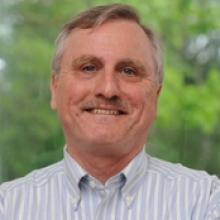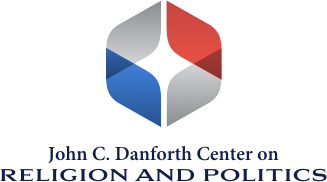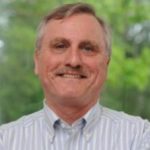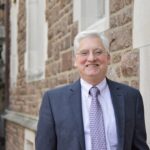Work as Worship: Emerson’s Emancipating Religious and Political Journey
Thomas Lamb Eliot Lecture
A public lecture by David Robinson, Oregon State University.

Wednesday
4:30–6:00PM
Umrath Lounge Washington University in St. Louis
One Brookings Drive
Saint Louis, MO 63130
Videos
-
Work as Worship: Emerson’s Emancipating Religious and Political Journey
David M. Robinson, Oregon State University (December 7, 2016)

This new lecture series is named for a member of the first class (1862) of Washington University in St. Louis. Eliot, the son of the university’s founder, William Greenleaf Eliot, graduated from Harvard Divinity School in 1865 and entered the Unitarian ministry. He went on to become a major religious and civic leader in Portland, Oregon, and played a pivotal role in the founding of Reed College. The lecture is intended to focus attention on the religious and political worlds out of which Washington University emerged, while at the same time reaching well beyond that immediate educational and institutional setting. The lecture is designed to explore the broad cultural, intellectual, and political frames of Eliot’s cosmopolitan faith—for example, the complex politics of benevolence and reform, the role of religion in westward migration, the value of the liberal arts, the relationship between religion and democracy, the development of pluralism as a cultural value, as well as the entwining of religion, place, and nature. The lecture ranges temporally from the nineteenth-century milieu of Ralph Waldo Emerson, Julia Ward Howe, and Theodore Parker to twenty-first-century expressions of religious humanism and social activism.
Professor David M. Robinson will deliver the inaugural Thomas Lamb Eliot lecture in Umrath Lounge at Washington University in St. Louis on December 7, 2016. His lecture, “Work as Worship: Emerson’s Emancipating Religious and Political Journey,” offers a spiritual autobiography of Emerson that traces the struggles and crises that led him from spokesman for a newly emerging spirituality to a prominent role in the antislavery movement and the political battle for the principle of emancipation.
will deliver the inaugural Thomas Lamb Eliot lecture in Umrath Lounge at Washington University in St. Louis on December 7, 2016. His lecture, “Work as Worship: Emerson’s Emancipating Religious and Political Journey,” offers a spiritual autobiography of Emerson that traces the struggles and crises that led him from spokesman for a newly emerging spirituality to a prominent role in the antislavery movement and the political battle for the principle of emancipation.
Professor Robinson is a Distinguished Professor of American Literature and Director of the Center for the Humanities at Oregon State University. He is a renowned scholar of Ralph Waldo Emerson, Margaret Fuller, Henry David Thoreau, and other authors connected with the New England Transcendentalist movement.
Read some of Professor Robinson’s work on Emerson:
“For Largest Liberty”: Emerson, Natural Religion, and the Antislavery Crisis
Poetry, Personality, and the Divinity School Address
Emerson, the Indian Brahmo Samaj, and the American Reception of Gandhi
Please RSVP to rap@wustl.edu, at (314) 935-9345 or via the “RSVP Here” button to the right. Your RSVP will ensure you receive event updates and a parking pass.



